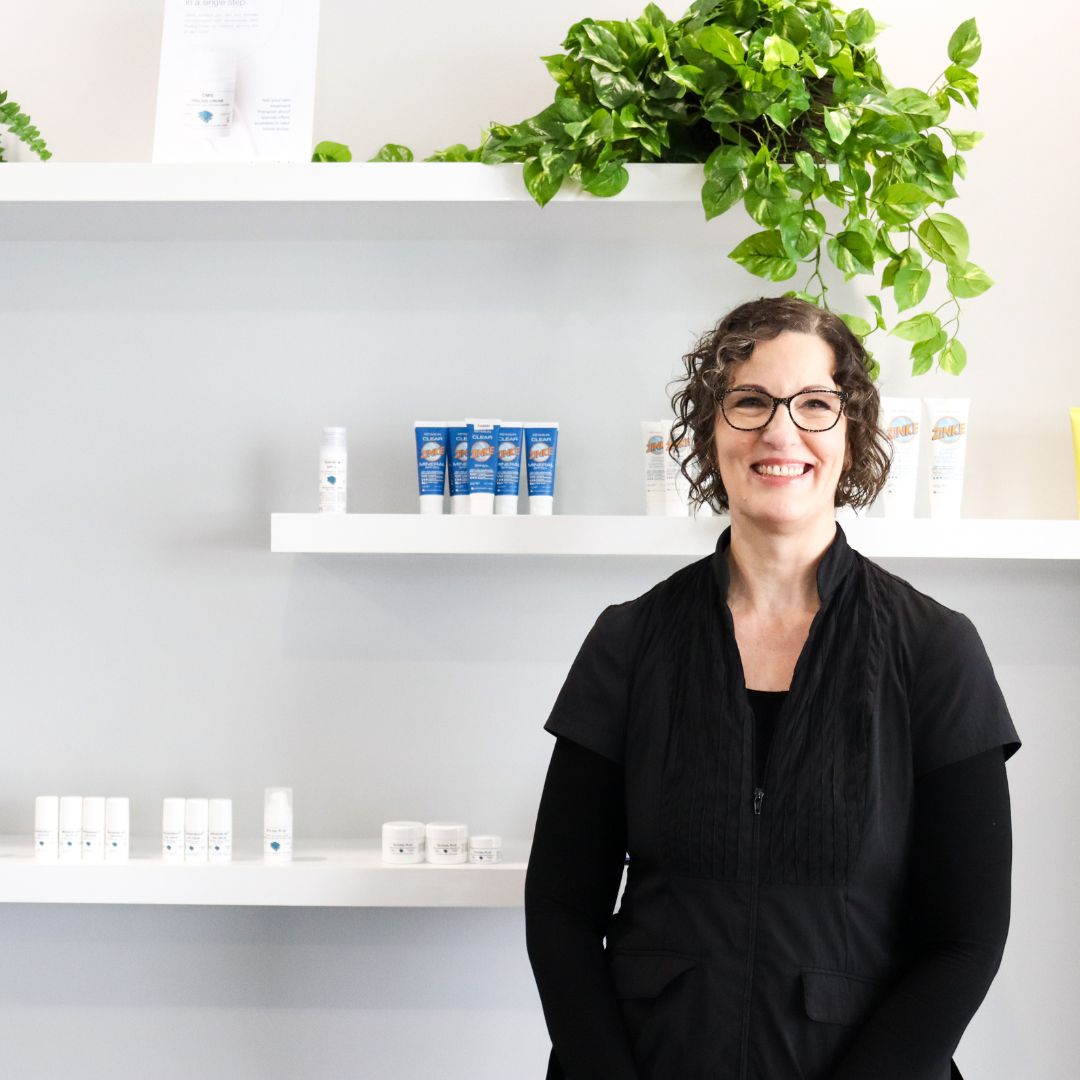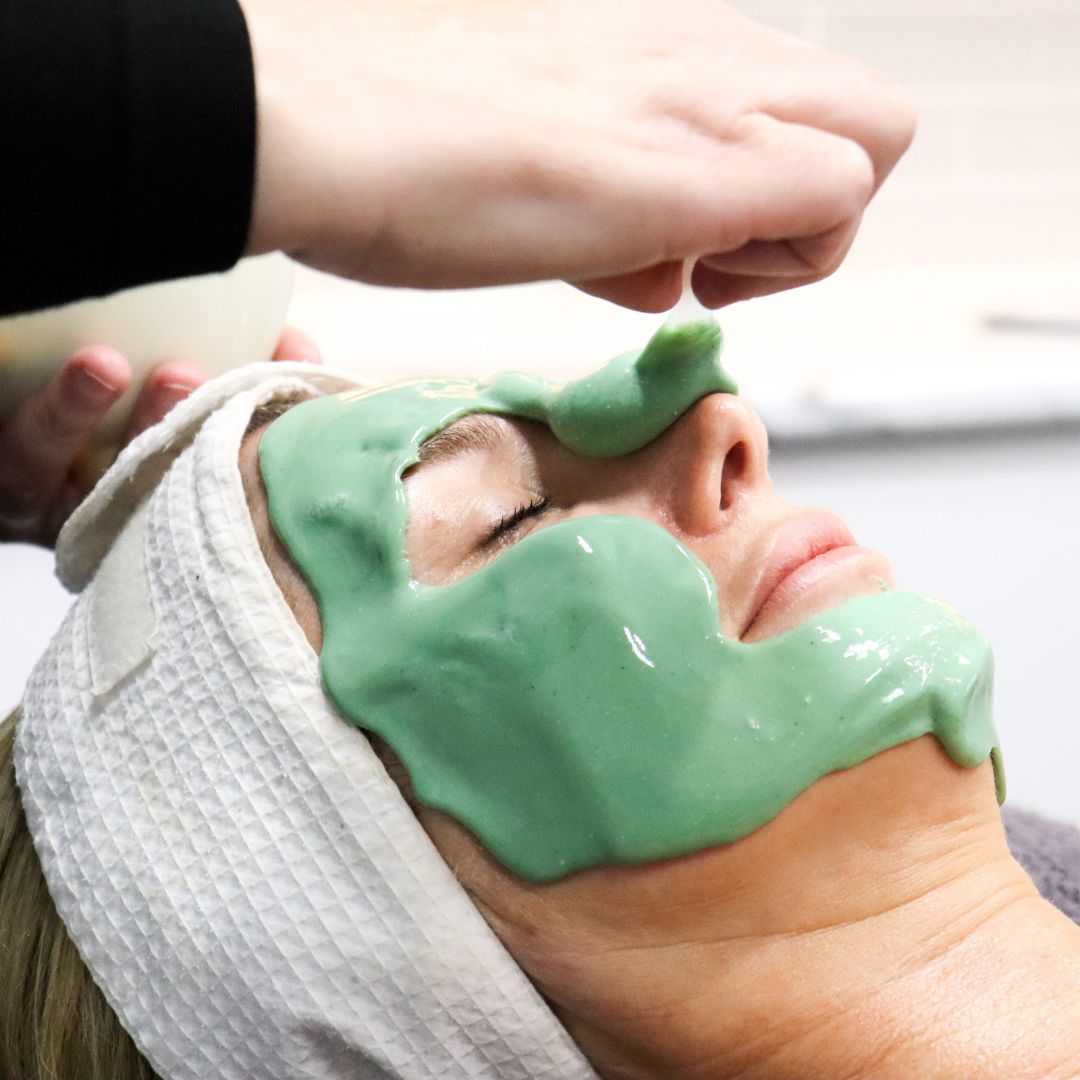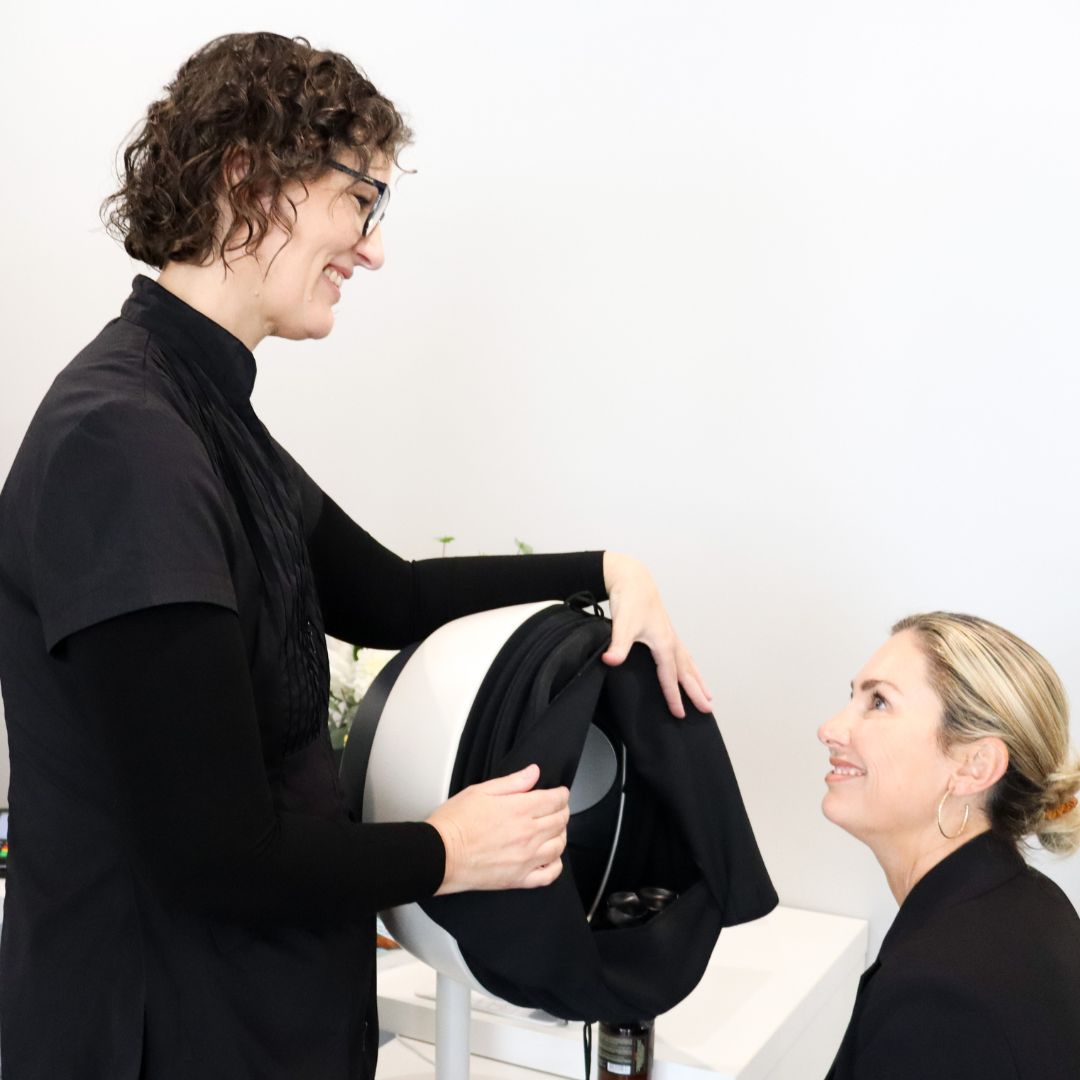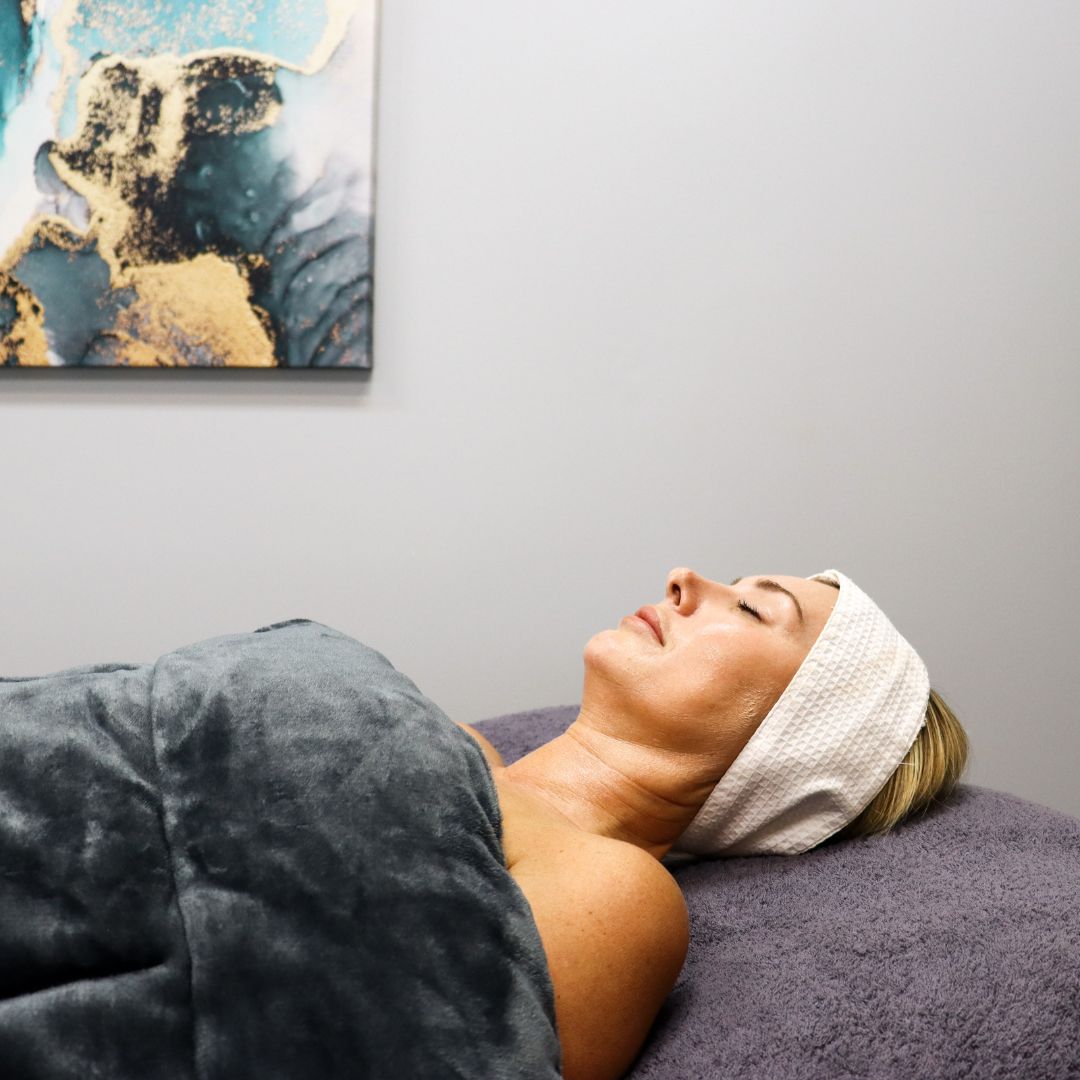Oncology
Specialising in problematic skin conditions.
Oncology.
Chemotherapy and radiation therapy are common treatments for cancer, and they can have several effects on the skin. It’s important to note that the specific effects can vary from person to person, depending on factors such as the type and dosage of treatment, individual skin type, and overall health. Here are some potential skin-related side effects and tips on how patients can care for their skin during chemotherapy and radiation therapy:
1. Dry and Sensitive Skin
What Happens: Chemotherapy and radiation can lead to dryness and increased sensitivity of the skin.
Use a gentle, fragrance-free moisturiser to keep the skin hydrated. Apply it multiple times a day if needed.
Avoid hot showers and use lukewarm water when bathing.
Use a mild, fragrance-free soap.
Pat the skin dry instead of rubbing it.
2. Radiation Burns or Skin Redness
What Happens: Radiation therapy can cause skin redness, irritation, and even burns in the treated area.
Avoid exposing the treated area to direct sunlight.
Keep the area clean and dry.
Follow your healthcare provider’s recommendations for creams or ointments to apply to the affected area.
Wear loose, soft clothing to minimise friction on the treated skin.
3. Rash or Itching
What Happens: Some chemotherapy drugs can cause a rash or itching.
Discuss any rash or itching with your healthcare team.
Avoid scratching the affected area to prevent infection.
Your doctor may recommend a topical cream or antihistamines to relieve itching.
4. Nail Changes
What Happens: Chemotherapy can affect the nails, causing them to become brittle, discoloured, or develop ridges.
Keep your nails short to prevent breakage.
Avoid using nail polish and harsh nail products.
Use a nail strengthener recommended by your healthcare provider.
5. Sun Sensitivity
What Happens: Some chemotherapy drugs can make the skin more sensitive to the sun.
Skin Care Tips: Wear protective clothing, such as long sleeves, wide-brimmed hats and sunglasses, and use a broad-spectrum sunscreen with SPF 30 or higher on exposed skin, even on cloudy days.
6. Proper Hydration and Nutrition
Skin Care Tips: Staying well-hydrated and maintaining a balanced diet can help support overall skin health during treatment.
7. Communicate with Your Healthcare Team
Always inform your healthcare team about any skin changes or discomfort you experience during treatment. They may be able to provide specific guidance and may recommend dermatologist consultations if necessary.
Treatment And Prevention.
Remember individual experiences may vary, and it’s crucial to follow the advice and recommendations of your healthcare providers. They can tailor their guidance to your specific situation and help you manage any skin-related side effects effectively. Additionally, maintaining good overall health through proper nutrition, hydration, and stress management can also contribute to skin well-being during cancer treatment.






